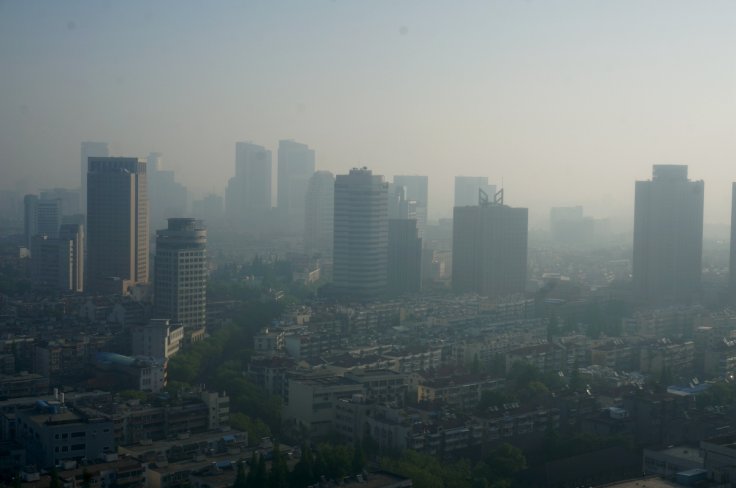
A few weeks ago, a study conducted by a team of researchers at Hong Kong University has found that air pollution in China is causing 1.1 million premature deaths in China. Now, another research conducted by experts at the MIT has revealed that air pollution in China is drastically affecting the happiness level of people in the country.
The research report published in the journal Nature Human Behavior also made it clear that the adverse effect of air pollution which is affecting the positive mood of people is common in urban areas. Researchers also noted that China's annual economic growth rate of 8 percent is not elevating the happiness level of people living in urban areas.
As per MIT researchers, the increased air pollution in Chinese cities is mainly contributed by the country's industrialization, coal burning and increasing use of cars. Some other factors which negatively impacts the mindset of people in urban areas include soaring house prices, inadequate food safety and pathetic public services.
"Pollution also has an emotional cost. People are unhappy, and that means they may make irrational decisions. So we wanted to explore a broader range of effects of air pollution on people's daily lives in highly polluted Chinese cities. Social media gives a real-time measure of people's happiness levels and also provides a huge amount of data, across a lot of different cities," said Xiaonan Zhang of Tsinghua University in Beijing, co-author of the study, telegraph.co.uk reported.
Zheng also revealed that people used to take hasty decisions when they get exposed to polluted air, and they usually feel regret for the decision taken later.
As social media holds the key to analyze people's happiness, the study team applied a machine-learning algorithm to analyze the 210 million geotagged tweets from China's largest microblogging platform, Sina Weibo and finally concluded that air pollution has direct impacts to determine the happiness of a person.
A few months back, another study conducted by a team of researchers at the Simon Fraser University has suggested that prenatal exposure to air pollution will drastically increase the risk of being the victim of autism spectrum disorder. Scientists made this conclusion after analyzing the birth records of women who were exposed to nitric oxide, a traffic-related pollutant during their pregnancy time.









